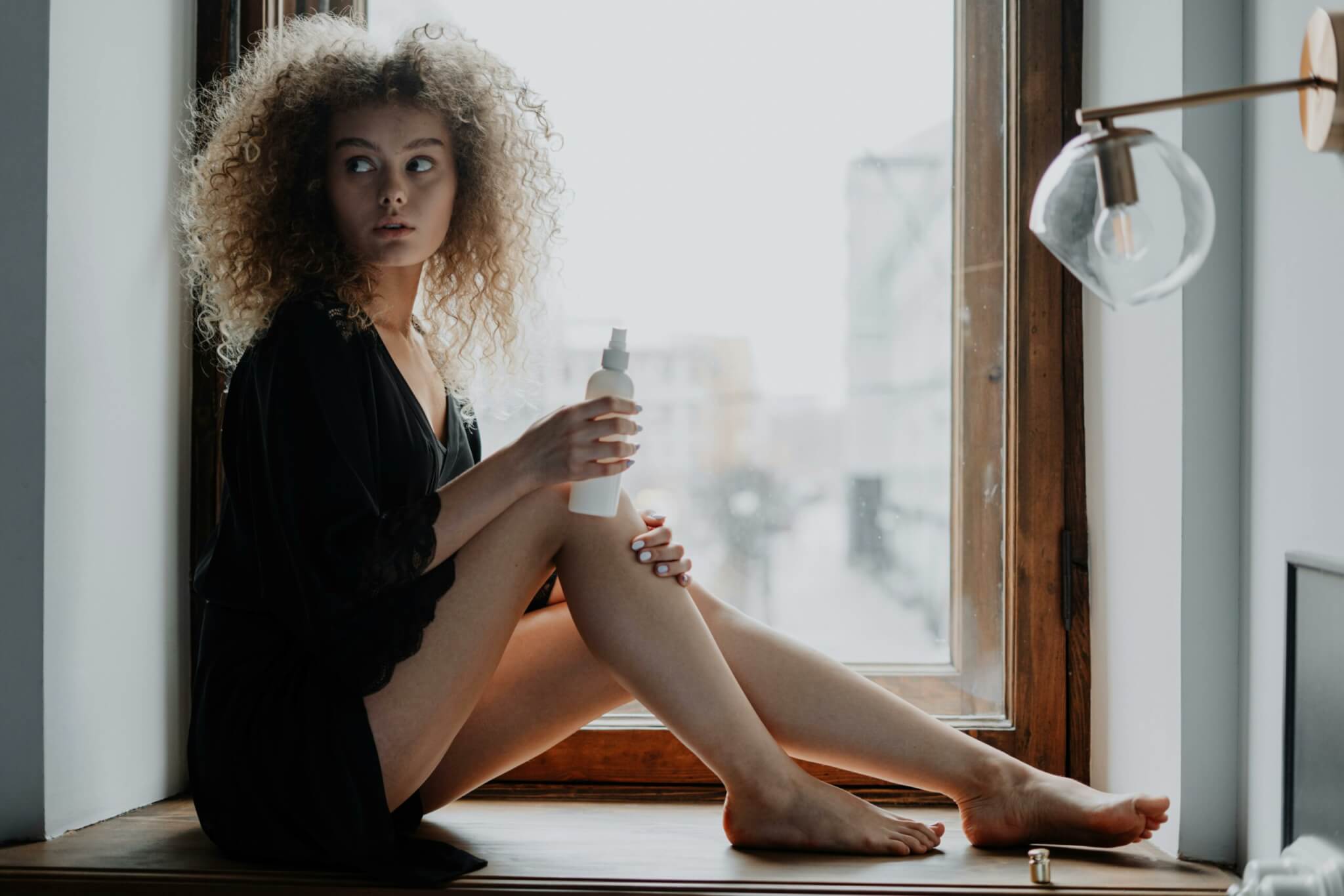Understanding Hormone Replacement Therapy (HRT)
Before delving into the effects of HRT on hair health, it’s essential to understand what Hormone Replacement Therapy is and why it’s prescribed.
1. What Is HRT?
Hormone Replacement Therapy involves the use of synthetic or natural hormones to supplement the body’s hormone levels. It is most commonly used to alleviate the symptoms of menopause, such as hot flashes, night sweats, and mood swings, by replacing declining estrogen and progesterone levels.
2. Types of HRT
There are two main types of HRT:
- Estrogen Replacement Therapy (ERT): This therapy involves the use of estrogen alone, typically prescribed for women who have undergone a hysterectomy.
- Combined HRT: This therapy combines estrogen and progesterone and is typically prescribed for women with an intact uterus to reduce the risk of endometrial cancer.
Hair and Hormones: The Connection
Hair health is intricately linked to hormonal balance. Hormones play a significant role in regulating the hair growth cycle. Here’s how:
- Anagen Phase: This is the growth phase of the hair follicle. Estrogen prolongs this phase, leading to longer and thicker hair.
- Telogen Phase: This is the resting phase when hair naturally falls out. Hormonal imbalances, like a decline in estrogen, can lead to a shorter anagen phase and a more extended telogen phase, resulting in hair thinning and loss.
The Impact of HRT on Hair Health
Now, let’s explore how Hormone Replacement Therapy can affect your hair health:
1. Potential Benefits of HRT on Hair
a. Reduction in Hair Loss
One of the key benefits reported by women on HRT is a reduction in hair loss. By restoring estrogen levels, HRT may prolong the anagen phase, reducing the rate of hair shedding.
b. Improved Hair Texture
HRT can lead to improvements in hair texture. Women often report that their hair becomes softer, shinier, and more manageable when they are on HRT.
2. Risks and Considerations
a. Individual Variation
HRT’s impact on hair health can vary from person to person. While some women experience improvements, others may not see significant changes in their hair.
b. Type of HRT
The type of HRT used can also influence its effects on hair. Some studies suggest that ERT alone may be more beneficial for hair health than combined HRT.
c. Timing
The timing of HRT initiation matters. Starting HRT closer to the onset of menopause may yield more favorable results for hair health.
d. Side Effects
HRT is not without side effects, and some women may experience adverse effects like breast tenderness, bloating, or mood swings.
3. Expert Recommendations
Seeking the advice of a healthcare provider is crucial when considering HRT for hair health or other menopausal symptoms. A healthcare professional can assess your individual needs and risks to determine if HRT is the right choice for you.
Alternative Approaches to Hair Health
While HRT may be beneficial for some women, others may prefer alternative approaches to support their hair health:
1. Nutritional Supplements
Certain supplements, such as biotin, collagen, and omega-3 fatty acids, are known to promote hair health and may be considered as complementary to HRT.
2. Topical Treatments
Minoxidil is a topical treatment approved by the FDA for hair loss in women. It can be used alongside HRT to enhance hair regrowth.
3. Hair Care Practices
Adopting a hair care routine that includes gentle cleansing, regular scalp massages, and protective styling can help maintain hair health.
Conclusion
Hormone Replacement Therapy can have a significant impact on hair health, particularly for women experiencing menopausal hair changes. While it offers potential benefits such as reduced hair loss and improved hair texture, it’s essential to consider individual variations, the type of HRT, timing, and potential side effects.
Before embarking on HRT for hair health, consult with a healthcare provider who can provide personalized guidance based on your specific needs and medical history. Whether you choose HRT or alternative approaches, maintaining healthy hair during hormonal changes is attainable with the right knowledge and professional support.
References:
-
- Mayo Clinic. (2021). Hormone therapy: Is it right for you? https://www.mayoclinic.org/diseases-conditions/menopause/in-depth/hormone-therapy/art-20046372
- American Academy of Dermatology Association. (n.d.). Hair loss: Who gets and causes. https://www.aad.org/public/diseases/hair-loss/causes/women
- Randall, V. A., & Sinclair, R. D. (2000). Hormones and hair loss. https://pubmed.ncbi.nlm.nih.gov/10962361/
- WebMD. (2021). Hormone replacement therapy (HRT) for women. https://www.webmd.com/menopause/guide/hormone-replacement-therapy
Related Articles
September 6, 2025
Scalp Barrier 101 — How to Rebuild What Over-Cleansing Breaks
Your scalp is more than just the skin under your hair — it’s a living…
November 15, 2024
The Art of Detangling: How to Protect Your Wet Hair from Breakage and Split Ends
Detangling wet hair is a common part of many people’s hair care routine, yet…
November 12, 2024
The Hidden Risks of Dry Shampoo: How Overuse Can Impact Your Scalp Health and Hair Growth
Dry shampoo has become a beauty staple for many people, offering a quick and…




